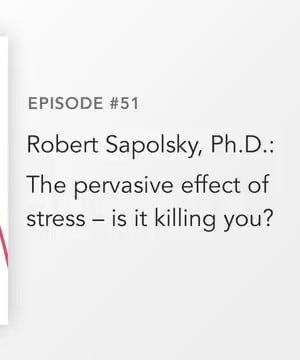Physiological response to stress?
Sources:
The physiological response to stress involves various bodily changes designed to help an individual cope with perceived threats. Here's a summary of the core components:
-
Adrenaline and Norepinephrine Release: These hormones increase heart rate, blood pressure, and blood flow to muscles, preparing the body for a rapid response to stress. They are part of the sympathetic nervous system's "fight or flight" response, which is activated immediately when a threat is detected 1.
-
Cortisol Production: Following the initial adrenaline rush, cortisol is released by the adrenal glands. This hormone helps to maintain fluid balance and blood pressure, while also regulating some body functions that are not crucial in the immediate survival situation, such as the immune system 2.
-
Physical Changes: During a stress response, there are observable physical changes such as increased heart rate, faster breathing, and dilated pupils. These changes enhance the capacity to respond to a stressor 3.
-
Psychological Impact: Stress can also induce psychological or cognitive changes. It can cause sharper focus but may also impair decision-making and induce anxiety. This psychological impact can conversely affect physical states 3.
-
Chronic Stress Concerns: While acute stress responses can be life-saving, chronic stress can lead to negative health effects, such as type 2 diabetes, due to prolonged high blood sugar and blood pressure levels 4.
Understanding these responses can aid in better managing stress through techniques such as controlled breathing or exercise, which help to mitigate the body's stress response and promote recovery 5 6.
RELATED QUESTIONS-



